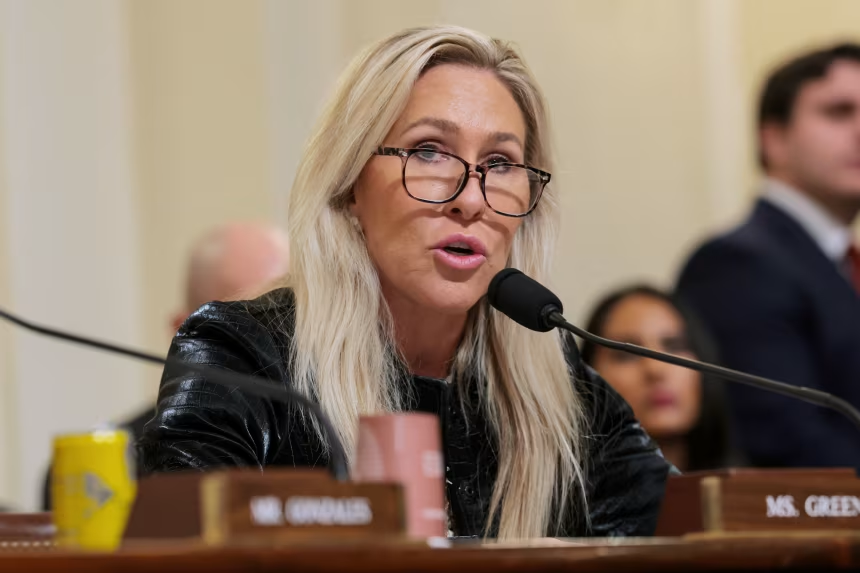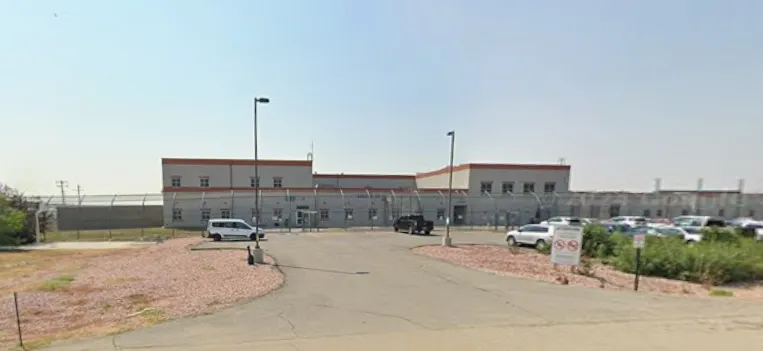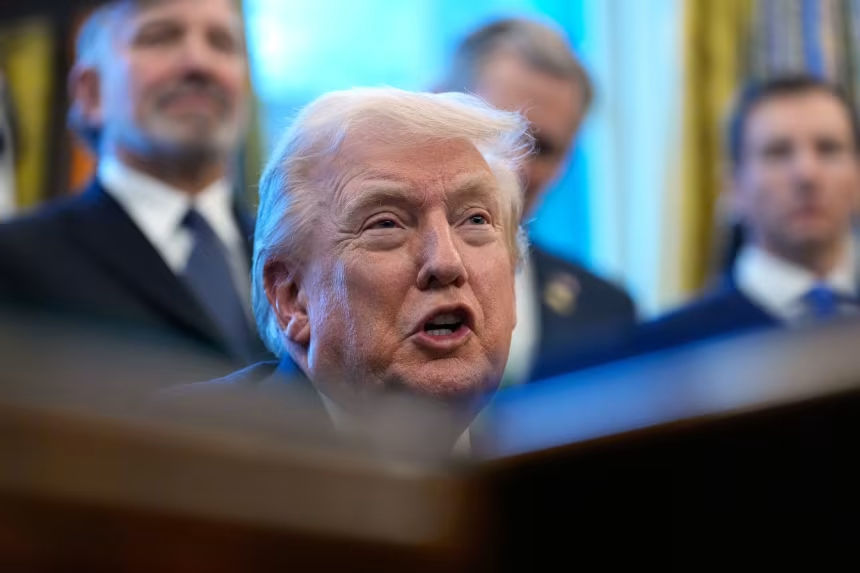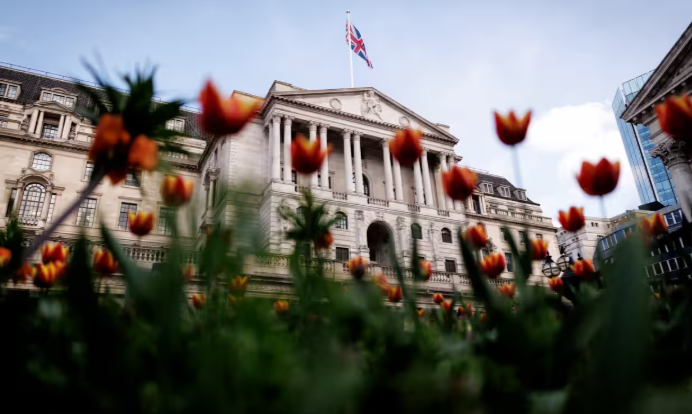The UK’s annual inflation rate declined to 2.6% in March, marking its lowest level since December and coming in slightly below analyst expectations.
While the drop offers a brief reprieve for consumers, economists warn that the easing in inflation may be short-lived amid rising household bills and growing global economic uncertainty.
According to the Office for National Statistics (ONS), the fall was driven largely by lower prices in recreation, culture, and fuel. The consumer price index had reached 2.8% in February and 3% in January, but recent moderation reflects some temporary relief for households.
Core inflation — which excludes volatile items such as energy, food, alcohol, and tobacco — edged slightly lower to 3.4% from 3.5% the month before. Nonetheless, the Bank of England (BoE) has indicated that inflation is likely to rise again in the coming months, with projections placing it near 4% by summer.
This anticipated rebound is partly due to a slew of regulated price increases that took effect in April, including higher energy bills, council tax, and broadband charges — all of which are expected to weigh on household finances.
In its March meeting, the Bank of England kept its benchmark interest rate at 4.5% despite earlier expectations of a near-term rate cut. With inflation easing and the UK economy showing unexpected resilience — including a 0.5% GDP increase in February — speculation about a rate reduction at the BoE’s next policy meeting on May 8 has intensified. Market participants currently assign a high probability to a 25-basis-point cut, with additional reductions expected later this year.
However, the economic outlook remains clouded by global trade tensions. The escalation of tariffs by the United States under President Donald Trump has injected new uncertainty into the global economy. While some effects, such as redirected exports from China to Europe, could suppress prices, broader disruption to supply chains may have the opposite impact.
Former BoE Deputy Governor Charlie Bean has suggested that the central bank could consider a more aggressive half-point rate cut in May. Still, Governor Andrew Bailey has emphasized a “gradual and careful” approach, particularly given the mixed signals from inflation data and the global economy.
Analysts continue to debate the longer-term inflation trajectory. Ruth Gregory of Capital Economics cautioned that while inflation may rise in the short term, weakening economic conditions could ultimately push it down.
“We expect inflation to gradually fall to 2.0% by 2026,” she said.
With input from CNBC, the Guardian, and Bloomberg.










The latest news in your social feeds
Subscribe to our social media platforms to stay tuned